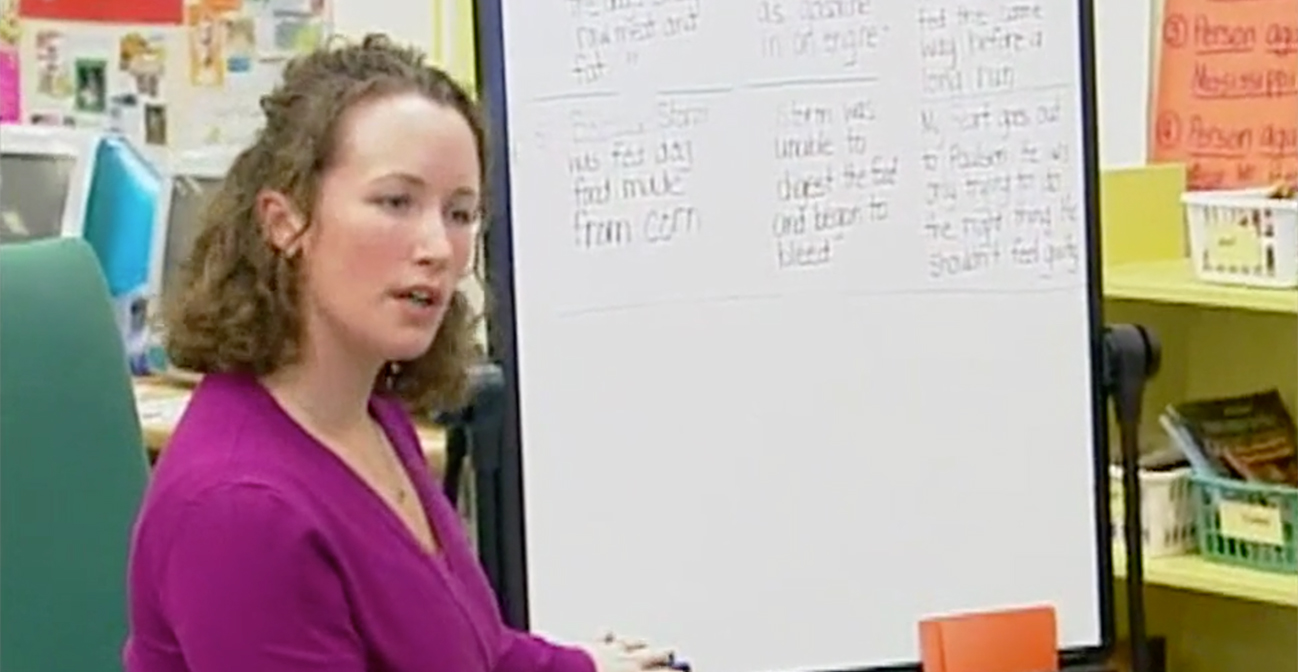How can teachers advance students’ comprehension before, during, and after reading? In this session, literacy expert Nell Duke defines comprehension and reviews the multiple strategies proficient readers use. You will learn how to use explicit instruction that promotes active, thoughtful learning.
Private: Teaching Reading: 3-5 Workshop
Building Comprehension
Comprehending text is one of the main goals of reading. In this session, literacy expert Nell Duke discusses what good readers do and strategies teachers can use to help students build comprehension skills. Classroom footage provides examples of comprehension strategies.

Learning Goals
At the end of this session, you will understand how to:
- identify the components of effective reading comprehension
- support students’ comprehension before, during, and after reading
- provide opportunities for reading and responding to text
- encourage critical and thoughtful response to text
“I don’t think there’s any goal we have for students that’s greater than the goal of having them be able to make meaning from, and critically evaluate, the text that they’re going to experience and encounter throughout their lives.”
Nell Duke
Associate Professor of Education
Michigan State University
Meet the Expert
 Nell Duke is associate professor of teacher education and learning, technology, and culture at Michigan State University, and has been a principal investigator with the Center for Improvement of Early Reading Achievement (CIERA). In addition to her teaching duties, Professor Duke speaks and consults widely on literacy education, and is an active member of several literacy-related organizations. Her work focuses on early literacy development, particularly among children living in poverty. Professor Duke is the recipient of several research awards, including the National Council of Teachers of English Promising Researcher Award and the International Reading Association Outstanding Dissertation Award.
Nell Duke is associate professor of teacher education and learning, technology, and culture at Michigan State University, and has been a principal investigator with the Center for Improvement of Early Reading Achievement (CIERA). In addition to her teaching duties, Professor Duke speaks and consults widely on literacy education, and is an active member of several literacy-related organizations. Her work focuses on early literacy development, particularly among children living in poverty. Professor Duke is the recipient of several research awards, including the National Council of Teachers of English Promising Researcher Award and the International Reading Association Outstanding Dissertation Award.
Related Resources
Print Resources
Barton, J., and D. M. Sawyer. “Our Students Are Ready for This: Comprehension Instruction in the Elementary School.” The Reading Teacher 57, no. 7 (Dec. 2003/Jan. 2004): 334-347.
Block, C. C., and M. Pressley. Comprehension Instruction: Research-Based Best Practices. New York: Guilford Press, 2002.
Cazden, C. Classroom Discourse: The Language of Teaching and Learning. Portsmouth, NH: Heinemann, 1988.
Clark, K. F., and M. F. Graves. “Scaffolding Students’ Comprehension of Text.” The Reading Teacher 58, no. 6 (March 2005): 570-580.
Harvey, S. Strategies That Work. Portland, ME: Stenhouse, 2000.
Hoyt, L. Spotlight on Comprehension: Building a Literacy of Thoughtfulness. Portsmouth, NH: Heinemann, 2005.
Pardo, L. S. “What Every Teacher Needs to Know About Comprehension.” The Reading Teacher 58, no. 3 (Nov. 2004): 272-280.
Pressley, M. “Metacognition and Self-Regulated Comprehension.” In What Research Has to Say About Reading Instruction, edited by A. E. Farstrup and S. J. Samuels, 291-309. Newark, DE: International Reading Association, 2003.
![]()
Web Resources
The Literacy Web
This site, from the University of Connecticut, provides resources on how the Internet can assist teachers in understanding and using best practices in literacy instruction.
Read, Write, Think
This site, sponsored by the International Reading Association (IRA) and the National Council of Teachers of English (NCTE), includes information and lesson plans for research-based literacy instruction in comprehension and response to reading.
ReadingLady
This site provides lessons, graphic organizers, and instructional support in teaching the literacy strategies of proficient readers.
Assignments
If you are taking this workshop for credit or professional development, submit the following assignments for Session 3: Building Comprehension.
![]()
1. Examine the Literature
In this assignment, you will read two articles on comprehension and complete the Examine the Literature Response Chart.
![]()
2. Develop a Home Reading Program
In this activity, you will develop a home reading program to encourage reading at home and to support students’ reading skills.
![]()
3. Foster Authentic Reading and Writing
In this activity, you will identify and develop authentic reading and writing activities that support comprehension and active learning.
![]()
4. What Did You Learn?
In this activity, you will write a summary of the ideas and strategies you explored in this session.
![]()
5. Create a Literacy Practices Portfolio
If you are taking this workshop for credit, you will continue constructing your portfolio of instructional practices.

